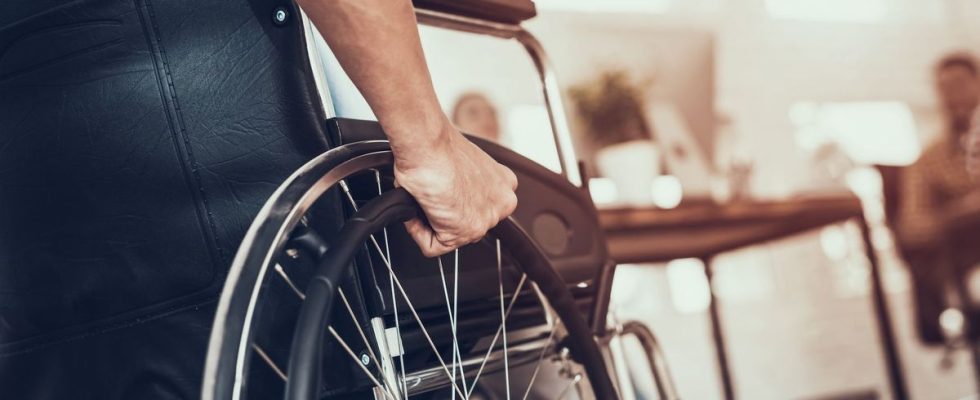Published on
Updated
Reading 2 min.
New hope for people affected by Charcot Disease. While this degenerative disease currently has no treatment, a new study currently carried out on mice reveals a promising solution to protect damaged cells.
Charcot disease, or amyotrophic lateral sclerosis (ALS), is a degenerative disease that affects between 5,000 and 7,000 people in France today. Characterized by a progressive death of the motor neurons that control voluntary muscles, the disease causes progressive muscular paralysis leading to a fatal outcome within 3 to 5 years.
To date, there is no treatment to stop its progression. But a new lead, studied for 12 years by Northeastern University in Boston, could be the first step towards a treatment.
The idea: stabilize a protein involved in ALS
If Charcot disease is multifactorial, genetics seems to have an important role in its occurrence. In many cases, mutation of the SOD1 gene is the cause. How ? When the mutation occurs, it leads to poor assembly of the protein that protects cells from toxic elements (in food or in the air). Not only can the protein no longer perform its cell-protecting role, but it also causes a disruption leading to a clump of proteins, which are also linked to Alzheimer’s and Parkinson’s disease.
Based on this observation, the researchers had the idea of stabilizing this protein. Their new treatment, called S-XL6, developed for 12 years, and thought of as “a stitch” which would force the protein to stay in the right configuration.
Up to 90% of proteins stabilized!
The encouraging news published this Tuesday, January 30 in the journal PLOS Biology, is that this treatment, currently tested on mice carrying the disease, is promising. In detail, the new drug stabilized 90% of SOD1 proteins in blood cells and 60 to 70% in brain cells.
Analyzes showed that the proteins of the rodents receiving the product became capable of correctly carrying out their protective functions. The molecule also stopped the secondary toxic effects of the mutation. Its effectiveness has also been proven in rats and dogs.
The Northeastern University team hopes to soon obtain the green light from the authorities to launch clinical trials on humans. Tests to follow closely.
Although there is currently no effective neuroprotective treatment for all patients, advance marketing authorization was issued in April 2023 in the United States for a drug (Qalsody from the Biogen laboratory) aimed at only certain forms of the disease.
